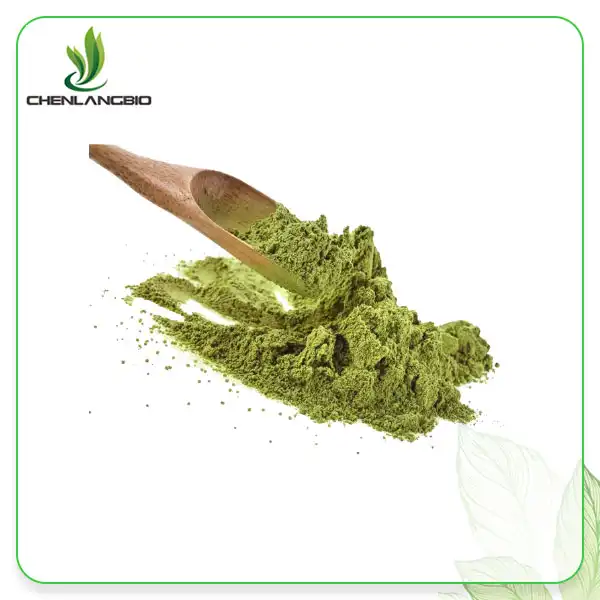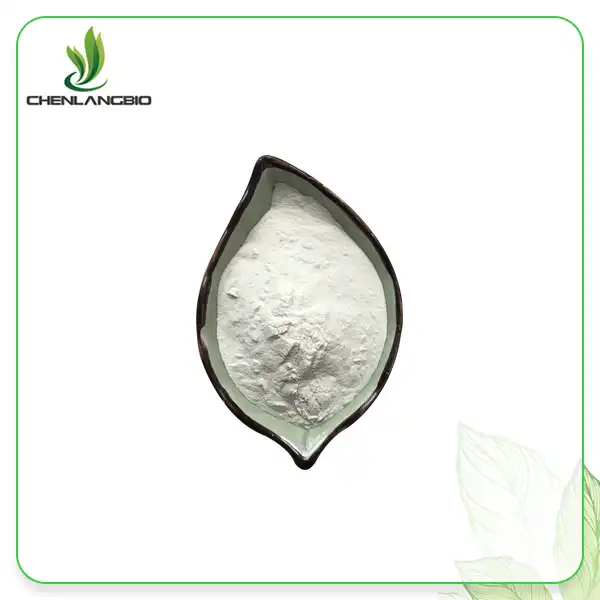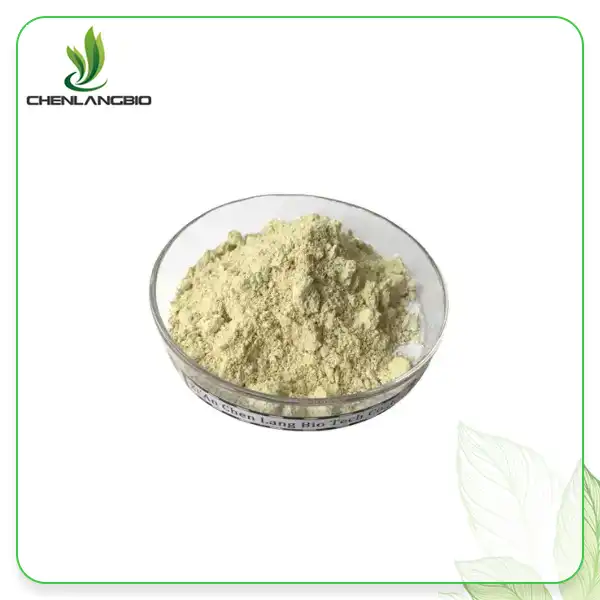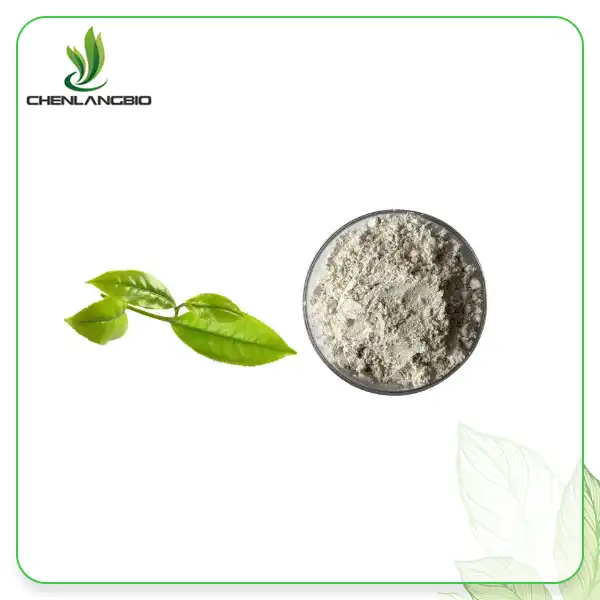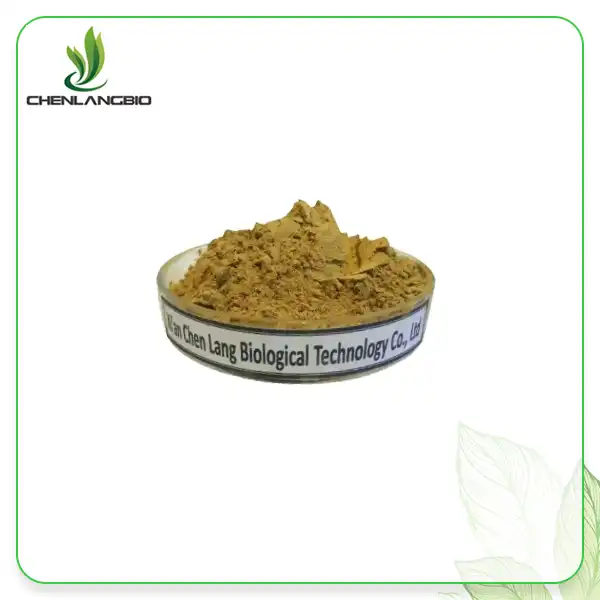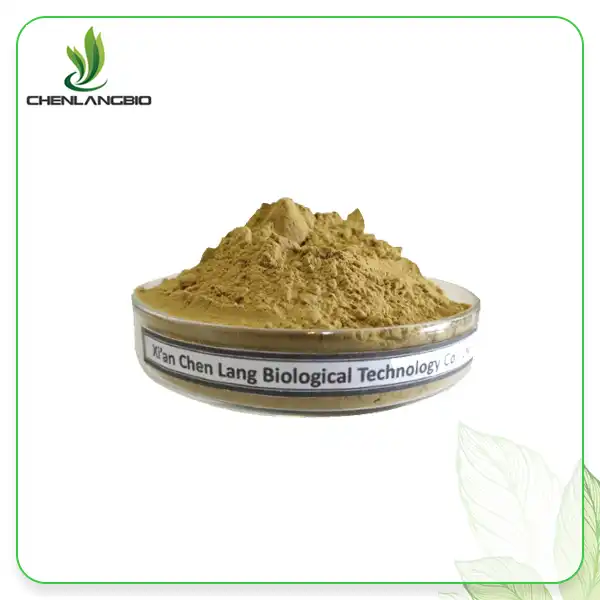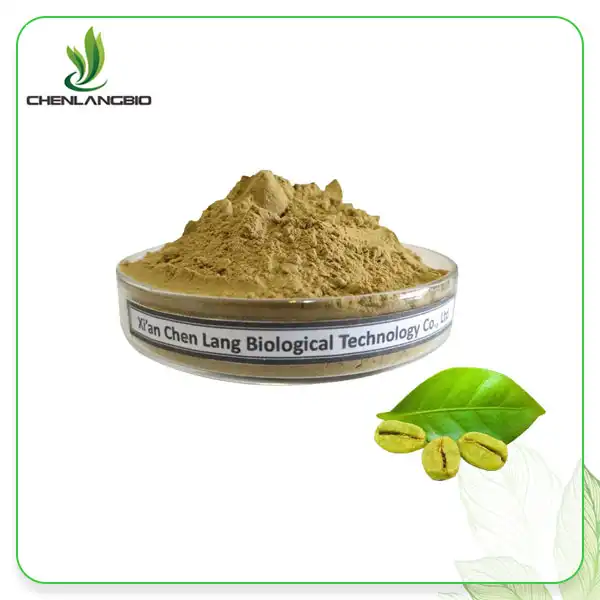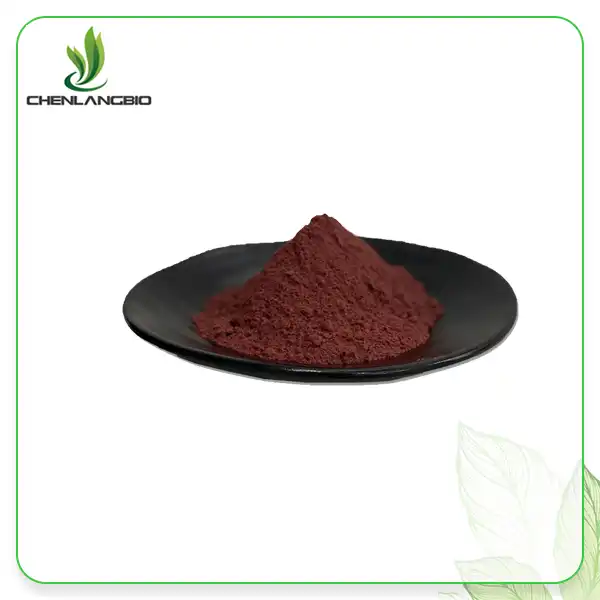What Are the Side Effects of Ascorbyl Tetraisopalmitate
2024-07-09 16:47:19
Ascorbyl tetraisopalmitate, a stable and oil-soluble form of Vitamin C, has become a favorite in the skincare world for its powerful antioxidant properties and ability to brighten the skin. However, as with any skincare ingredient, it's essential to be aware of potential side effects. This article delves into the possible side effects of ascorbyl tetraisopalmitate and provides insights into how to use it safely and effectively.
Can Ascorbyl Tetraisopalmitate Cause Skin Irritation?
Understanding Skin Issues A typical concern while utilizing an alternate skincare item is skin disturbance. Auxiliary impacts incorporate shuddering, stinging, consuming, and redness. These reactions are influenced by the type of skin, the amount of the fixing, and how responsive each individual is.
Ascorbyl tetraisopalmitate is generally regarded as delicate in comparison to other forms of L-ascorbic acid. However, when used in high concentrations or on particularly sensitive skin, it can still irritate the skin. The following might disturb you:
A keen focus: For sensitive skin, products with a lot of ascorbyl tetraisopalmitate may be too strong.
Diverse Products: There is no doubt that ascorbyl tetraisopalmitate and other unique trimmings like acids or retinoids can be irritating.
Unbecoming Use: Negative responses can also come from excessive or inappropriate use.
The best course of action is to begin with a lower concentration and gradually increase it as your skin adjusts. Prior to applying the item to your whole body, consistently direct a fix test and counsel a dermatologist on the off chance that you have delicate skin or some other skin conditions.
Is There a Risk of Allergic Reactions to Ascorbyl Tetraisopalmitate?
Skincare products that cause unfavorably sensitive reactions can cause side effects like hives, swelling, severe redness, or tingling. This is caused by the body's resistance to harmful substances.
Although rare, allergic reactions to ascorbyl tetraisopalmitate can occur. There are many things that can trigger these reactions. Ascorbyl tetraisopalmitate-containing items are principally worried about private sensitivity to explicit fixings. Impurities or allergens in the product formulation may also cause an allergic reaction.
In order to safely incorporate new skincare products, like those that contain ascorbyl tetraisopalmitate, into your routine, it is highly recommended that you carry out a patch test. Apply a modest quantity of the item to a careful region of your skin, similar to the internal arm or behind your ears, and stand by 24 to 48 hours to check whether you experience any secondary effects. This cautious step perceives potential awarenesses before full application, promising you can participate in the upsides of skincare things without taking a risk with abnormal or hazardous reactions.
Can Ascorbyl Tetraisopalmitate Cause Acne Breakouts?
Understanding Acne Breakouts
Acne breakouts occur when hair follicles become clogged with oil, dead skin cells, and bacteria. Skincare products can sometimes exacerbate this condition, particularly those that are comedogenic (pore-clogging).
Potential Causes with Ascorbyl Tetraisopalmitate
Ascorbyl tetraisopalmitate itself is non-comedogenic. However, the formulation of the product containing this ingredient may include other components that could potentially clog pores and lead to breakouts. Factors to consider include:
Oil-Based Formulations: Some oil-based products may not be suitable for acne-prone skin.
Other Ingredients: Additional ingredients in the product may contribute to pore congestion.
Recommended Approach
Choose non-comedogenic formulations specifically designed for acne-prone skin. Monitor your skin's response when introducing ascorbyl tetraisopalmitate and adjust your routine if breakouts occur.
Does Ascorbyl Tetraisopalmitate Cause Photosensitivity?
Understanding Photosensitivity
Photosensitivity refers to an increased sensitivity to sunlight, which can lead to sunburn or skin reactions upon exposure to UV rays. Some skincare ingredients, like retinoids, are known to cause photosensitivity.
Potential Risks
Ascorbyl tetraisopalmitate is not known to cause photosensitivity. In fact, Vitamin C can provide some level of photoprotection due to its antioxidant properties. However, it's important to note that:
Sun Protection: While ascorbyl tetraisopalmitate does not increase photosensitivity, it does not replace the need for sunscreen.
Product Stability: Exposure to sunlight can degrade Vitamin C, reducing its effectiveness.
Recommended Approach
Always apply a broad-spectrum sunscreen with at least SPF 30 during the day, regardless of whether you use ascorbyl tetraisopalmitate. This practice protects your skin from UV damage and ensures the stability and effectiveness of your skincare products.
Can Ascorbyl Tetraisopalmitate Affect Skin Hydration?
Understanding Skin Hydration
Proper skin hydration is essential for maintaining a healthy skin barrier, which protects against environmental stressors and prevents moisture loss. Some skincare ingredients can disrupt this balance, leading to dryness and dehydration.
Potential Effects
Ascorbyl tetraisopalmitate itself is not known to cause dehydration. However, certain formulations or combinations with other ingredients might have an impact. Considerations include:
Formulation: Some products may contain alcohol or other drying agents that can affect hydration levels.
Combined Use: Using ascorbyl tetraisopalmitate with other drying ingredients like benzoyl peroxide can exacerbate dryness.
Recommended Approach
Choose formulations that include hydrating ingredients such as hyaluronic acid or glycerin. Incorporate a good moisturizer into your routine to maintain optimal hydration levels. Monitor your skin's response and adjust your routine as needed to prevent dryness.
In conclusion, while ascorbyl tetraisopalmitate is a powerful and generally well-tolerated ingredient, it is essential to be aware of its potential side effects. Skin irritation, allergic reactions, acne breakouts, and impacts on skin hydration are possible concerns. By understanding these risks and taking appropriate precautions, such as patch testing and proper product selection, you can safely incorporate ascorbyl tetraisopalmitate into your skincare routine for optimal results. Please send inquiry to Email: admin@chenlangbio.com if you want more information about VCIP.
References
Healthline. (2024). What Is Ascorbyl Tetraisopalmitate and How Does It Benefit Skin?
Paula's Choice. (2024). Understanding Ascorbyl Tetraisopalmitate: Benefits and How to Use It
Byrdie. (2024). Ascorbyl Tetraisopalmitate: The Vitamin C Derivative You Need to Know
Dermstore. (2024). Ascorbyl Tetraisopalmitate: Uses, Benefits, and Side Effects
SkinCeuticals. (2024). All About Ascorbyl Tetraisopalmitate
Real Simple. (2024). How Ascorbyl Tetraisopalmitate Works and Why It’s Beneficial for Your Skin
InStyle. (2024). The Benefits of Ascorbyl Tetraisopalmitate in Skincare
Allure. (2024). Vitamin C in Skincare: Understanding Ascorbyl Tetraisopalmitate
Harper's Bazaar. (2024). Why Ascorbyl Tetraisopalmitate Should Be in Your Skincare Routine
Vogue. (2024). The Ultimate Guide to Vitamin C Derivatives
For more information, feel free to contact us at admin@chenlangbio.com.
Send Inquiry
Related Industry Knowledge
- Vitamin E Powder: FAQ for Wholesale Buyers
- What is the Difference between Alpha-Ketoglutarate and Calcium Alpha-Ketoglutarate Monohydrate?
- Does Broccoli Extract Powder Have Any Side Effects?
- Instant Kava Powder for Better Sleep: Does It Work
- What Does Magnesium Ascorbyl Phosphate 10% Do
- What is 4-Hexylresorcinol Used for
- What Are The Benefits Of Dihydroavenanthramides In Skincare
- How Effective is Podophyllin Powder
- What Functions of Cnidium Monnieri fruit Extract Powder
- What is Cnidium Monnieri Fruit Extract Used for



